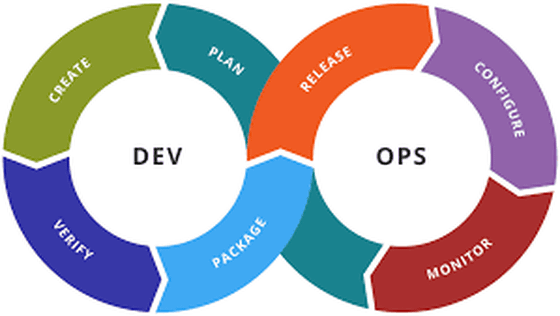What is the hashtag '#hugops' aimed at operation and maintenance engineers who keep all services on the Internet running?

There are many people who complain to operation and maintenance engineers when a system failure occurs on Google, Twitter, etc., but only a limited number of people aim for operation and maintenance engineers when they recover. Protocol, an IT news site, explains the background of the hashtag '#hugops' that was created to break through this situation and aimed at operation and maintenance engineers.
#hugops hope to spread empathy in tech --Protocol — The people, power and politics of tech
https://www.protocol.com/enterprise/oral-history-hugops
It is people called operation and maintenance engineers who manage and maintain servers and networks so that they do not stop due to failures. The fact that we can use services such as Google and Twitter every day is nothing but the activities of operation and maintenance engineers, but the situation continues that the activities are rarely seen.
'Hugops' is hug (hug) and ops: a combination of the (op eration s operation to) portmanteau in, Slack the operation and maintenance engineers working on desperately business at the time caused a large-scale failure in service, such as Negirau is a type of industry term that only engineers can understand. When a service such as Slack fails, posts saying 'We suffered so much disadvantage because the service went down' flooded on SNS, and only complaints to operation and maintenance engineers who are working hard to restore the service. It is used as a secret word to break through the current situation of not being seen.
According to the Protocol, the origin of hugops is the 'O'Reilly Velocity Conference, ' a conference that shares know-how on system operation and maintenance for Fortune 500 companies. Velocity Conference of the community, the development (Dev elopment) and operational (Op eration s) a combination of the ' DevOps also be created a portmanteau of' famous. DevOps is used as a slogan to build an organizational structure that enables reliable releases faster, more frequently, and faster than ever before, with a culture and environment that builds and tests software quickly.

hugops is also a word derived from DevOps, but it was said that the reason for the derivation was the playfulness of Mr. Adam Jacob, co-founder of the configuration management tool Chef. Jacob, who was hugging an operations and maintenance engineer he met at the Velocity Conference, said, 'I saw him,' said Fastly founder Arthur Bergman, who was on the stage just before his keynote speech. Please hug me if you do. ' Thanks to that, Mr. Bergman, who is not good at hugging, was hugged many times without knowing the people he met during the conference, and he hid himself inconspicuously until he was informed of the reason after the conference.
Of course this was a type of prank, but Jacob says of the prank 'had a very special sense of companionship and a really close sense of intimacy.' In this way, Protocol explained that the word 'Hug', which indicates affection for love, was combined with Ops (operation), which is not usually looked after, and became a movement called hugops. While software, services, and new features are celebrated grandly when they are born, no one is grateful for their 'continuing availability,' noting that Amazon's CTO Werner Vogels and Google's development 'This kind of culture should not be passed on to the next generation,' said Jennifer Davis, a personal relations manager.
Related Posts:
in Web Service, Posted by darkhorse_log







